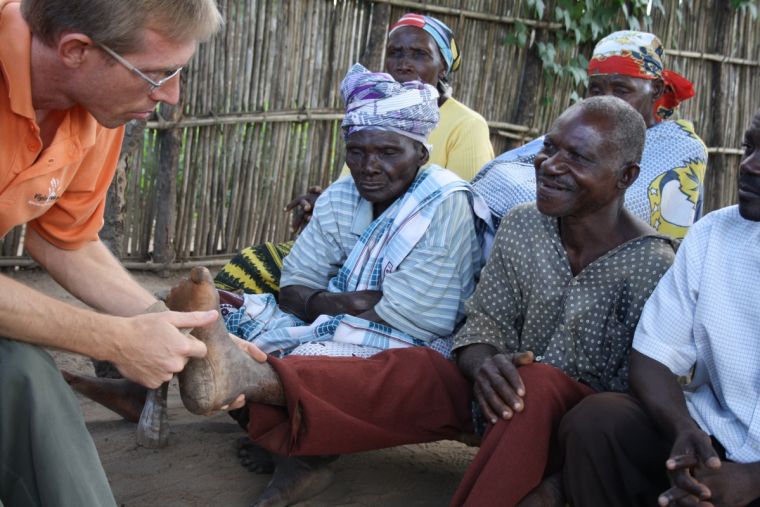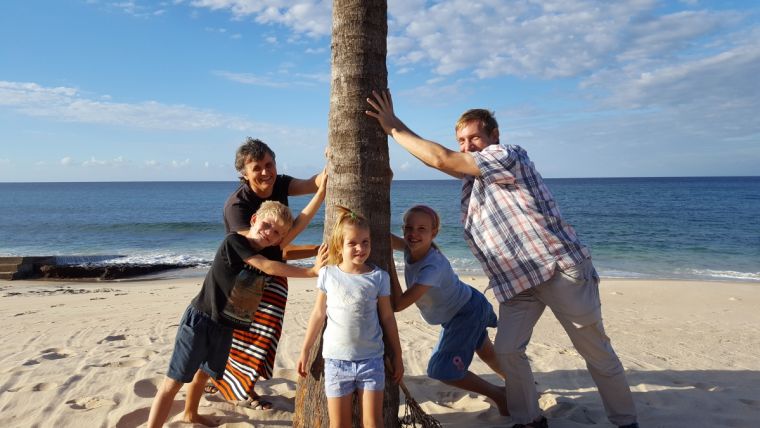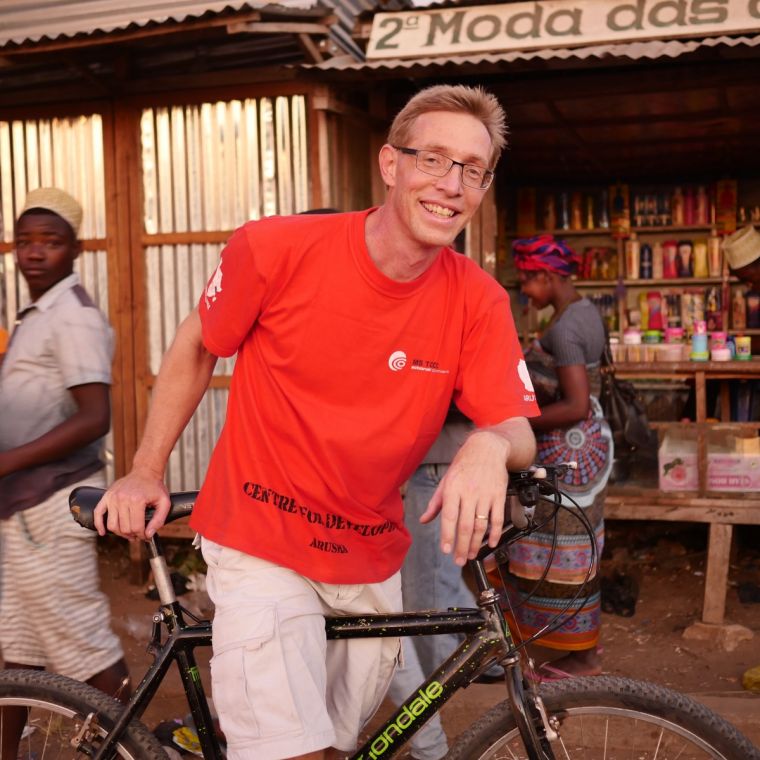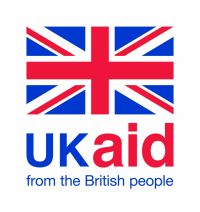The doctor who gave up his comfortable life for people with leprosy: 'Being out of my comfort zone has forced us to trust God.'
Christian Today offers this exclusive report on a doctor who rejected his comfortable, middle class life with a practice in South Africa for a vision to live out Jesus's top two commandments to those at the very fringes of society.

Arie De Kruijff, a highly qualified medical doctor, took an extraordinary step of faith with his wife Marie 12 years ago by moving to Mozambique to reach out to people with leprosy.
His mission was inspired by these two great commandments.
As the Bible records, Jesus was asked: 'Teacher, which is the greatest commandment in the Law?'
Jesus replied: 'Love the Lord your God with all your heart and with all your soul and with all your mind. This is the first and greatest commandment. And the second is like it: Love your neighbour as yourself. All the Law and the Prophets hang on these two commandments.' (Matthew 22 36-40)
'It's all about integral mission,' says Kruijff. 'When Jesus was asked, "What is the most important thing that you must do," he said, "Love the Lord and love your neighbour."
'So far the church has been good on the first, but not on the second.
'When it comes to getting your hands dirty and reaching out to people, the church is not very good.
'As a Christian charity, we have been the opposite; good at the second but not so strong at the first.
'So I feel that the perfect balance could be achieved if we worked together.
'The local church is growing and we have a responsibility to make it more accountable.'
Although people with leprosy are precisely the people Jesus reached out to, stigma surrounding the ancient disease remains rife regardless of Mozambique being a largely Christian country. It is fair to describe Kruijff's service in the ultra-poor Cabo Delgado province of the African country as being 'to the least of these'.
Three children later and heading up a team at The Leprosy Mission working with the Mozambique government in the diagnosis of new leprosy cases, Kruijff says he is now poised to open the door to integral mission.
A phrase frequently bandied around Christian charities, the aim of integral mission is for the church to live out its faith in Jesus in all aspects of life.
And in Mozambique where more than half of the population define themselves as Christian, the backdrop is perfect.
Kruijff explains, 'The church is stable and I feel strongly that we need to mobilise local churches to help. For example, something like leprosy screening could be done by church congregations.'
Leprosy is a disease that, if left untreated, causes nerve damage and subsequently the loss of feeling in hands and feet.

This makes a person vulnerable to injury as they are unable to feel pain. They injure themselves unknowingly and, in a world where people farm the land for survival – usually barefoot, infection is rife leading to loss of fingers and toes.
A vicious circle then sees a person who is physically leprosy-affected rejected by their families and friends and cast out from society. This usually means begging at the roadside for survival as they have become too disabled to work.
The best way to break this cruel passage of fate is early diagnosis and treatment. A combination of antibiotics, Multidrug Therapy, taken for six months will treat the disease but tragically cannot turn the clock back in terms of disability.
Kruijff says: 'We have self-care groups where members of the community are trained to spot the early signs and symptoms of leprosy. The self-help groups also see people helping one another by checking their numb feet and hands for injury and encouraging each other to keep wounds clean and therefore free from infection. This in turn helps to combat stigma.
'Specially-trained nurses then receive text messages from the self-care groups which meet each month with information ranging from how many people attended through to types of foot and hand ulcers requiring treatment.
'If a new case of leprosy is discovered, the leprosy patient organisation in that area will also receive a text message automatically, alerting them to contact the relevant medical professionals and chase them up for action.'
Kruijff explains that volunteers on the ground are best placed to help one another.
'We cannot be seen to tell them what to do as we just don't live their lives. They have to carry water for hours on end to take a bath so how can we preach and say they need to wash and clean their wounds when we don't have to go through the same process,' he says.
His vision sees the church building on the compassion received in self-help groups with members of the church caring for both the physical and emotional needs of a person affected by leprosy.
'If that love and care serves to open a person's eyes to Christ's love for them then integral mission has truly been embodied,' he says.
While Kruijff is highly appreciative to his family for the compromises they have made to carry out God's work, he doesn't dwell too much on the challenges of living on a dirt street on the outskirts of Pemba but the positives.
'It is very satisfying to be doing something that really makes a difference,' he says.
'We face challenges daily, but God carries us through them. He provides for all our needs. While my medical school colleagues are probably living in luxury compared to us, I honestly wouldn't want to be anywhere else. For me it's been great to experience a different culture and learn Portuguese which is the language of education in Mozambique.
'I also get to spend a lot more time with my family than if I was working night shifts and overtime in a hospital in South Africa where Marie and I were raised.
'Those of us from developed countries rarely experience the difficulties and fears that the majority of the world faces. Being out of my comfort zone has forced us to trust God with all our hearts.'

Marie teaches in an international school in Pemba which the couple's three children Helena, 10, Hanno, 9, and Emma, 6, attend.
Marie says, 'Pemba has always been the children's home. When we visit relatives in South Africa they do think it's paradise to start with, as there's so much to do, but after a while they miss their home in Mozambique. They love living by the coast and have never known anything different.
'That doesn't mean they don't face challenges living here though. They've had to make sacrifices for what we as their parents have chosen to do with their lives. They are always saying goodbye to friends who are missionary kids living nearby when they move on which is painful for them.
'But we talk to them about everything and they do understand why we're here. They also faced situations which have strengthened their faith and know that God will meet their needs.'
The Leprosy Mission's Feet First campaign was awarded UK Aid Match funding in 2015 meaning that every pound given was matched by the UK government, raising more than £1 million to benefit lives blighted by leprosy in Mozambique. The money has been used to provide protective sandals to leprosy-affected farmers, set up self-help groups, teach sustainable farming methods to improve crop yields and train up community health volunteers. Follow on Twitter @LeprosyTalk.












